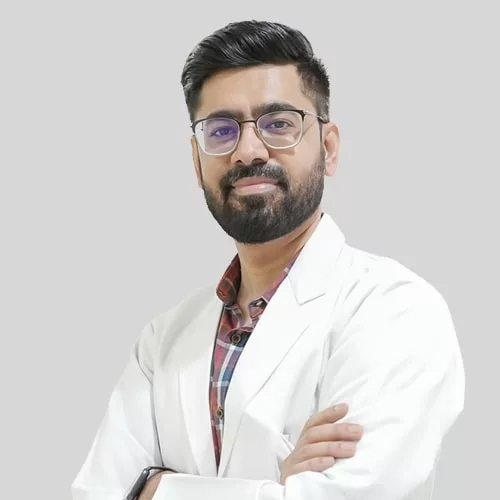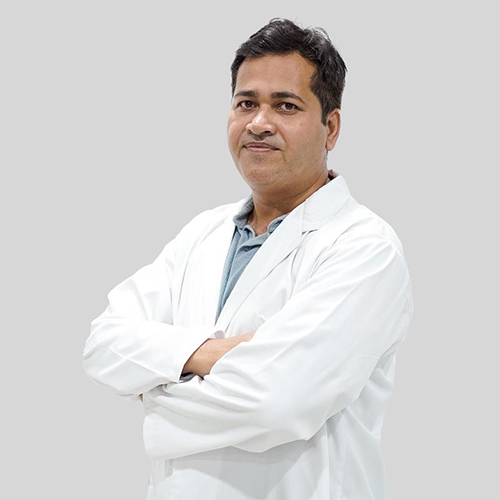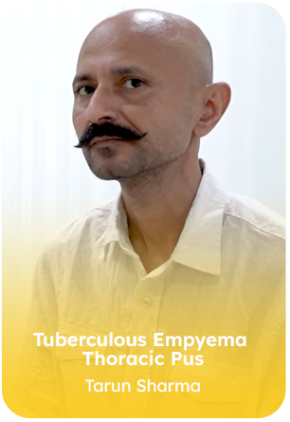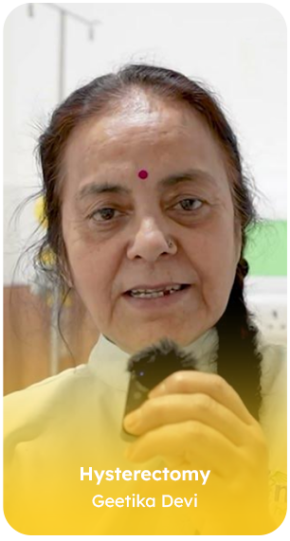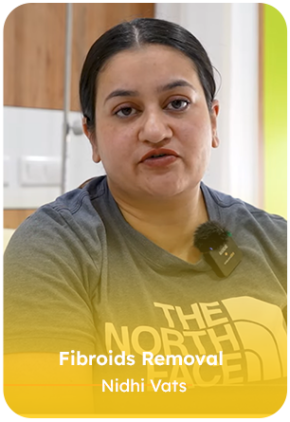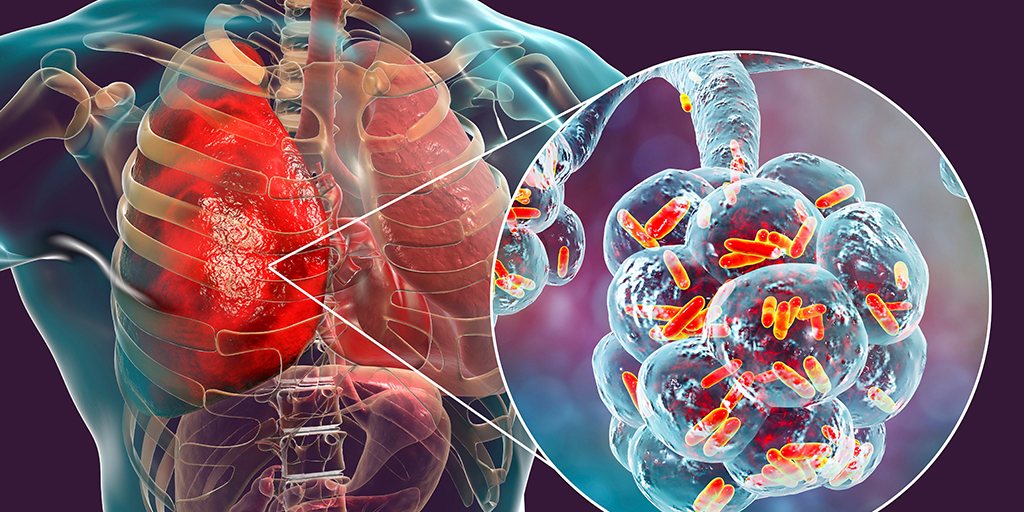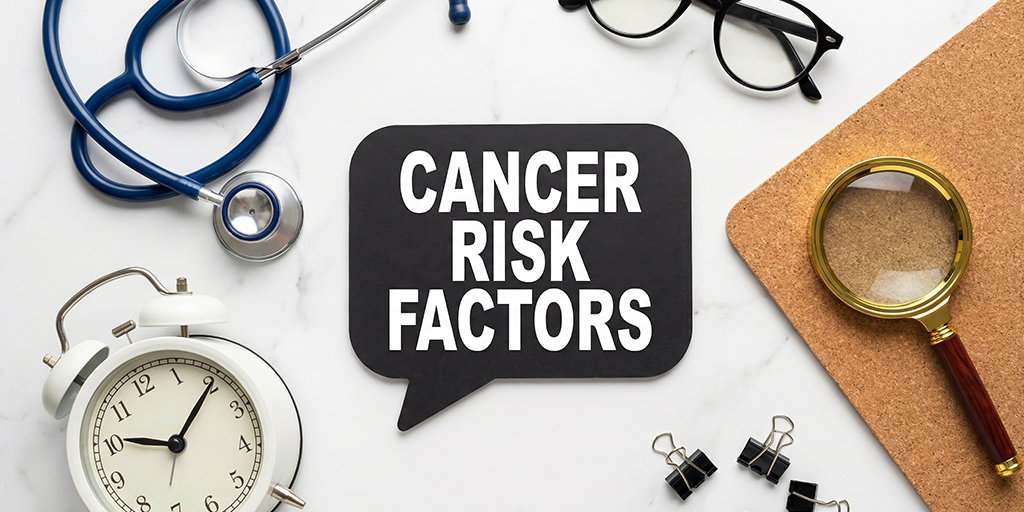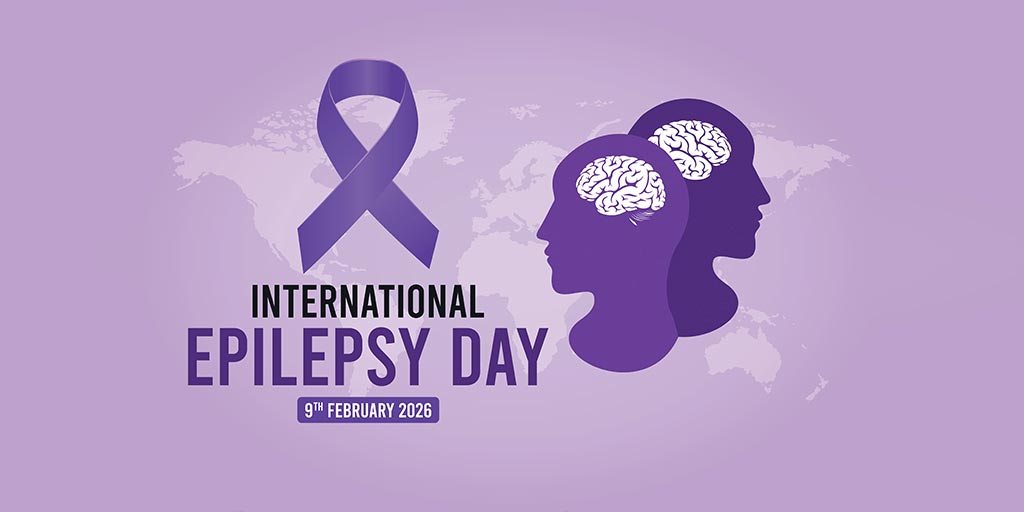Gastrointestinal (GI) issues, such as indigestion, acid reflux, chronic abdominal pain, and bleeding, are common and often manageable through lifestyle changes or medication. However, sometimes these problems may escalate due to underlying conditions such as tumors, blockages, gallstones, or inflammatory diseases, requiring surgical intervention for effective and lasting relief. In such cases, the expertise of a skilled surgical gastroenterologist becomes essential to ensure accurate diagnosis, timely treatment, and optimal outcomes.
At Graphic Era Hospital Dehradun, our surgical gastroenterology team is dedicated to diagnosing and treating complex gastrointestinal conditions with precision and care. From advanced laparoscopic procedures to major open surgeries, our specialists manage a wide range of digestive system disorders using cutting-edge technology and evidence-based practices. As one of the leading centres for GI surgery in Dehradun, we prioritise not only effective treatment but also your comfort and long-term well-being. With our surgical gastroenterology team by your side, you can trust that every step of your care is tailored to ensure the best possible outcome.
Doctors Available
What Does a Surgical Gastroenterologist Do?
A surgical gastroenterologist is a specialist trained in diagnosing and surgically treating disorders of the gastrointestinal tract. Their expertise covers both emergency and elective procedures, ranging from minimally invasive treatments for gallstones or hernias to complex surgeries involving the liver, pancreas, or intestines. These specialists work closely with gastroenterologists, hepatologists, oncologists, and radiologists to create personalised treatment plans for each patient. At Graphic Era Hospital, Dehradun, our GI surgeons are adept in both traditional and laparoscopic approaches, often performing organ-preserving surgeries that aim to improve quality of life while minimising complications.
When to Consult a Surgical Gastroenterologist
Early consultation can prevent complications and lead to more effective treatment. You should consider seeing a surgical gastroenterologist if you experience:
- Ongoing Abdominal Discomfort - Persistent pain, bloating, or unexplained weight loss could signal something more serious than indigestion. A surgical opinion can help identify if an underlying structural issue requires correction.
- Chronic Acid Reflux or Swallowing Issues - If heartburn, regurgitation, or difficulty swallowing continues despite medication, surgical treatment like fundoplication may be needed to prevent long-term damage.
- Gallbladder Problems - Frequent gallbladder attacks or recurring gallstones can affect your quality of life. Surgery to remove the gallbladder is often the definitive solution.
- Hernias - Bulges in the groin, belly button, or near surgical scars may indicate a hernia. These don’t heal on their own and usually require surgical repair to prevent complications like strangulation.
- Suspected Digestive Cancers - If your doctor suspects gastrointestinal cancer (like in the stomach, colon, or pancreas), a surgical gastroenterologist will assess whether biopsy or tumour removal is needed.
- Liver or Pancreatic Masses - Masses detected in the liver or pancreas during scans may require surgical evaluation for diagnosis, removal, or biopsy.
- Bowel Issues - Recurrent constipation, bleeding, or sudden changes in bowel habits may point to obstruction or structural abnormalities needing surgical attention.
- Appendicitis or Inflammatory Conditions - Repeated episodes of appendicitis or flare-ups of Crohn’s disease and ulcerative colitis may necessitate surgical intervention to remove affected sections of the intestine.
Conditions Our Surgical GI Team Treats at Graphic Era Hospital
At Graphic Era Hospital, our Surgical Gastroenterology team specialises in diagnosing and treating a wide spectrum of conditions affecting the digestive tract, liver, pancreas, and biliary system. Whether you’re dealing with chronic discomfort, a newly diagnosed condition, or a complex surgical issue, our experts provide comprehensive care with a focus on minimally invasive techniques, faster recovery, and lasting outcomes. Here are some of the key conditions we manage:
- Gallbladder Disorders - Including gallstones, gallbladder inflammation (cholecystitis), and bile duct blockages. Laparoscopic gallbladder removal is a common procedure we perform for long-term relief.
- Gastroesophageal Reflux Disease (GERD) - For patients with chronic acid reflux not responding to medication, we offer surgical options like fundoplication to restore the natural barrier and prevent reflux.
- Hernias - We treat inguinal, umbilical, femoral, and incisional hernias using mesh-based laparoscopic repairs to reduce recurrence and discomfort.
- Colorectal Disorders - Including colorectal cancer, polyps, diverticulitis, and chronic constipation. Surgical options range from polypectomy to colon resections, tailored to the patient's condition.
- Pancreatic Diseases - Our team manages pancreatic cysts, chronic pancreatitis, and pancreatic tumors with surgical solutions that preserve function and reduce pain.
- Liver Conditions - From benign liver tumors to liver cysts and hydatid disease, we offer surgical treatment plans based on the nature and severity of the issue.
- Appendicitis - Emergency or recurrent appendicitis is treated with laparoscopic appendectomy, ensuring minimal downtime and faster healing.
- Inflammatory Bowel Disease (IBD) - We provide surgical care for Crohn’s disease and ulcerative colitis when medication is no longer effective, helping improve quality of life.
- Gastrointestinal Cancers - We perform curative and palliative surgeries for cancers of the stomach, esophagus, colon, liver, and pancreas, combining precision with multidisciplinary care.
- Bowel Obstruction & Perforation - Our team addresses acute intestinal obstructions and perforations through timely surgical intervention to prevent life-threatening complications.
- Achalasia Cardia and Other Esophageal Motility Disorders - Advanced procedures like Heller myotomy help patients regain normal swallowing function and comfort.
With expertise, empathy, and a patient-first approach, the surgical GI team at Graphic Era Hospital is committed to helping you return to better health—safely and confidently.
Why Choose Graphic Era Hospital for Gastrointestinal Surgery
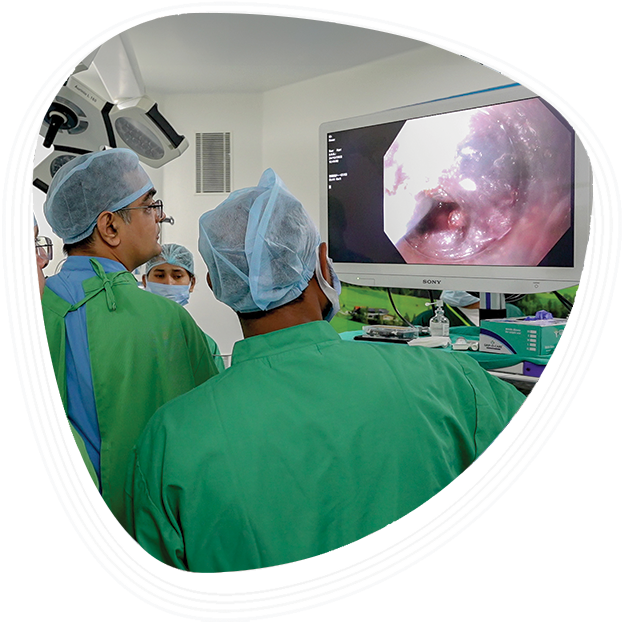
Surgical Procedures We Offer at Graphic Era Hospital
From traditional open surgeries to minimally invasive laparoscopic procedures, here’s a look at some of the key procedures our surgical GI team performs:
- Laparoscopic Cholecystectomy - A minimally invasive surgery to remove the gallbladder, often done to treat painful gallstones or inflammation. Patients typically go home the next day and return to normal life quickly.
- Anti-Reflux Surgery (Fundoplication) - A surgical solution for severe, medication-resistant GERD. This procedure strengthens the valve between the stomach and esophagus, helping patients eat, sleep, and live comfortably again.
- Laparoscopic and Open Hernia Repair - We repair various types of hernias (inguinal, umbilical, incisional) with or without mesh support. Laparoscopic repair offers faster recovery and reduced pain for most patients.
- Whipple Procedure (Pancreaticoduodenectomy) - A complex yet life-saving surgery for pancreatic, bile duct, or duodenal tumors. Performed by our highly experienced surgical team, this procedure offers a chance at long-term survival and improved quality of life.
- Liver Resection and Hepatectomy - Surgical removal of liver tumors or cysts, done with utmost precision to preserve healthy liver tissue and support optimal liver function post-surgery.
- Bowel Resection and Anastomosis - We remove diseased segments of the intestine—whether due to cancer, infection, or blockage—and reconnect the healthy ends to restore normal digestive flow.
- Colectomy and Proctocolectomy - These surgeries are performed to remove part or all of the colon and rectum in patients with colorectal cancer or severe IBD, offering symptom relief and cancer control.
- Gastric Surgery
For conditions like stomach cancer, chronic ulcers, or severe bleeding, we perform partial or total gastrectomy. These surgeries not only remove the diseased tissue but also help restore digestive function and comfort. Our team uses meticulous surgical planning and precision techniques to ensure a safe recovery and sustained quality of life. - Appendectomy
Sudden abdominal pain, nausea, or fever could point to appendicitis—requiring immediate surgical removal of the appendix. Our team performs both emergency and elective appendectomies, often using minimally invasive techniques that reduce pain, shorten hospital stay, and get you back on your feet quickly. - Anorectal Surgery
Living with piles, anal fissures, or fistulas can be both painful and disruptive. We offer targeted, modern surgical treatments—including laser and minimally invasive options—that relieve discomfort, improve hygiene, and let you return to your daily life with confidence. Most procedures are done on a day-care basis with minimal recovery time.
From simple laparoscopic procedures to complex gastrointestinal surgeries, our team combines expertise with advanced technology to deliver safe, effective outcomes—helping patients get back to better health, faster.
Top Procedures
- Laparoscopic Appendectomy
- Laparoscopic Cholecystectomy
- Laparoscopic Common Bile Duct (CBD) Exploration
- Laparoscopic Hiatus Hernia Repair
- Laparoscopic Cardio-Myotomy for Achalasia Cardia
- Laparoscopic Splenectomy
- Laparoscopic Hernia Repair
- Esophagectomy for Esophageal Cancer
- Surgery for Corrosive Esophageal Stricture
- Gastric Cancer Surgery (Gastrectomy)
- Liver Resections for Tumours & Cysts
- Gallbladder Cancer Surgery (Laparoscopic & Open)
- Surgery for Bile Duct Injuries & Strictures
- Whipple’s Procedure for Pancreatic Cancer
- Distal Pancreato-Splenectomy
- Surgery for Chronic Pancreatitis
- Management of Acute Pancreatitis
- Laparoscopic Surgery for Colon & Rectal Cancer
- Lap Rectopexy for Rectal Prolapse
- Surgery for Ulcerative Colitis & Crohn’s Disease
- Splenorenal Shunt Surgery
- Laparoscopic Sleeve Gastrectomy
- Gastric Bypass Surgery
Gastrointestinal Conditions Treated at Graphic Era Hospital
At Graphic Era Hospital, we specialize in diagnosing and treating a wide range of complex gastrointestinal conditions with advanced medical expertise and state-of-the-art technology. Our experienced gastroenterologists provide personalized care for:
Other Specialities
Patient Stories
Blog
Frequently Asked Questions
What’s the difference between a gastroenterologist and a surgical gastroenterologist?
A gastroenterologist primarily uses medications and endoscopic procedures to diagnose and treat digestive issues, while a surgical gastroenterologist is trained to perform operations when medical management isn’t enough.
Do all gastrointestinal conditions require surgery?
No. Many GI conditions are managed with medication or lifestyle changes. Surgery is considered only when non-invasive treatments fail or when the condition is serious, such as tumors or obstructions.
How do I know if I need surgery for my digestive problem?
If your symptoms are persistent, worsening, or not responding to treatment — or if imaging reveals a structural issue — your doctor may refer you for a surgical consultation.
What are the benefits of laparoscopic surgery compared to open surgery?
Laparoscopic (keyhole) surgery typically involves smaller incisions, less pain, quicker recovery, and reduced risk of infection — making it a preferred choice whenever suitable.
How long will I need to stay in the hospital after GI surgery?
This depends on the procedure. Many laparoscopic surgeries require only 1–2 days of stay, while complex open surgeries may need longer monitoring.
Is GI surgery safe for older adults or people with other health conditions?
Yes, with careful pre-surgical assessment. Our team customizes treatment plans to account for age, comorbidities, and surgical risks to ensure safe outcomes.
Will I need to follow a special diet after surgery?
Yes, dietary adjustments are often recommended based on the type of surgery performed. Our dietitians guide you on what to eat for optimal healing and digestion.
How soon can I return to work or daily activities after surgery?
This varies based on the surgery type and your recovery speed. For laparoscopic surgeries, most patients resume normal activity within a week or two.
Can GI surgery cure chronic digestive diseases like Crohn’s or ulcerative colitis?
Surgery can offer long-term relief and improve quality of life, especially when medication fails — but it’s not a cure. Ongoing monitoring is still needed.
Are your GI surgeries covered by insurance or government health schemes?
Most major insurance plans and health schemes cover GI surgeries. Our billing team will help you verify coverage and assist with paperwork.
Do you offer second opinions or surgical consultations without referral?
Yes. You can book a direct consultation with our surgical team even if you don’t have a referral — especially if you’re seeking clarity on an existing diagnosis or treatment plan.
What should I bring to my first consultation with the GI surgeon?
Bring past medical records, imaging reports (CT, ultrasound, endoscopy), a list of symptoms, and any medications you’re currently taking.
How do you ensure patient safety during major GI surgeries?
Our team follows stringent safety protocols, uses advanced monitoring, and works closely with anesthesia and critical care units to minimize risks.
Do you have follow-up support after surgery?
Yes. We provide structured follow-up care, including wound checks, diet counselling, and symptom monitoring — ensuring a smooth recovery.
Is GI cancer surgery available at your hospital?
Absolutely. We perform cancer surgeries for stomach, colorectal, liver, and pancreatic cancers with curative or palliative intent, depending on your case.
